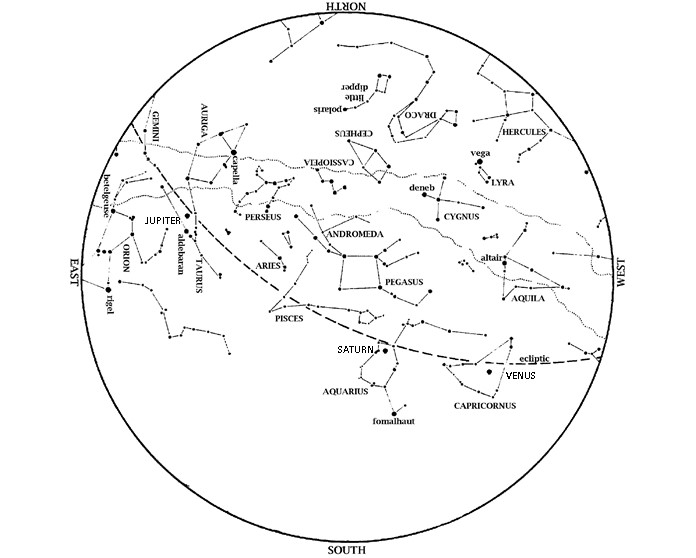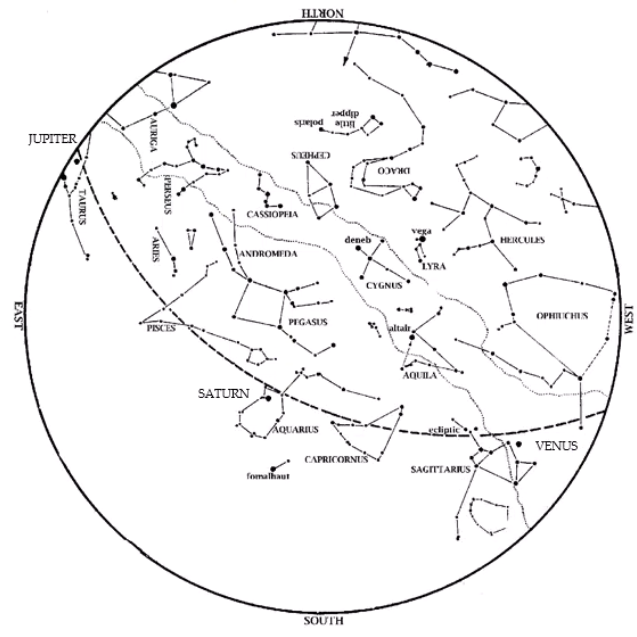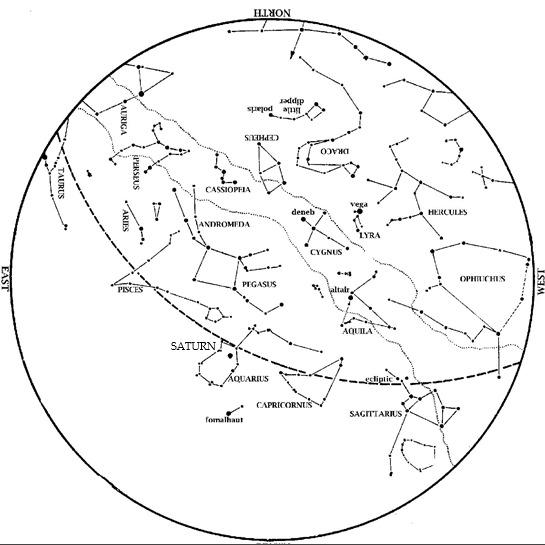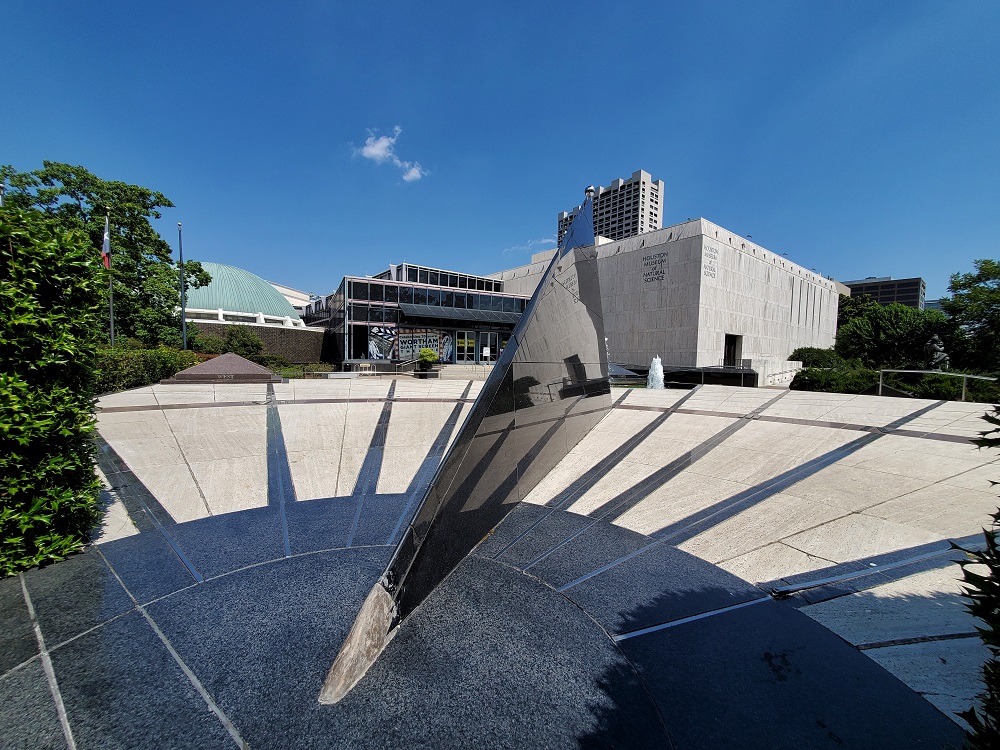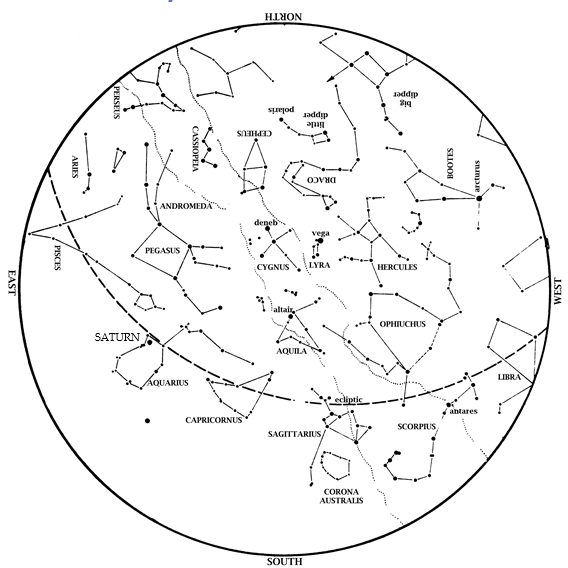The plant cart in the museum is a great place to find some interesting plants and Greenhouse Manager Soni Holladay has curated a list of what you may want to grab on your next trip to the HMNS Museum Store.
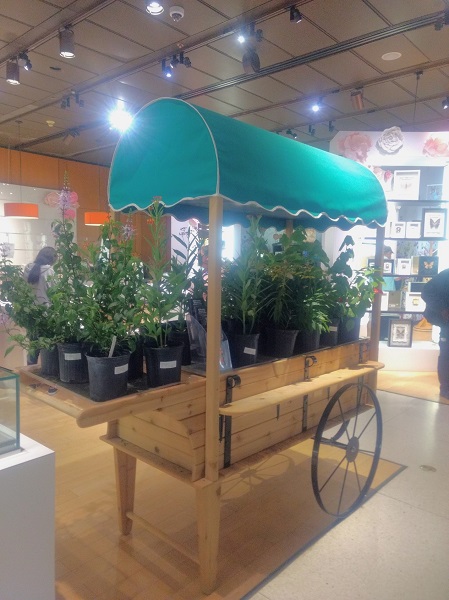
We regularly stock the cart with blooming annuals and perennials that feed pollinators like native butterflies, bees, hummingbirds and more! We only sell plants that are hardy for Houston and surrounding areas. A large majority of our plants are grown at the museum and we also include native varieties as well as cultivated varieties. Here are some of our favorites!
Some of the best pollinator plants are salvias, which come in a wide variety of colors, shapes and sizes. There are many types from shade loving to thriving in full blazing sun. They generally bloom from spring through fall and will survive most winters.
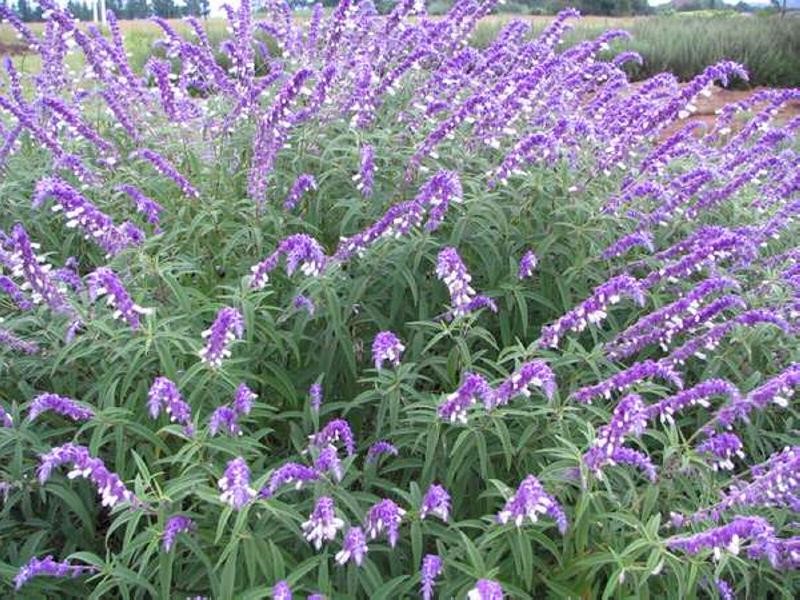
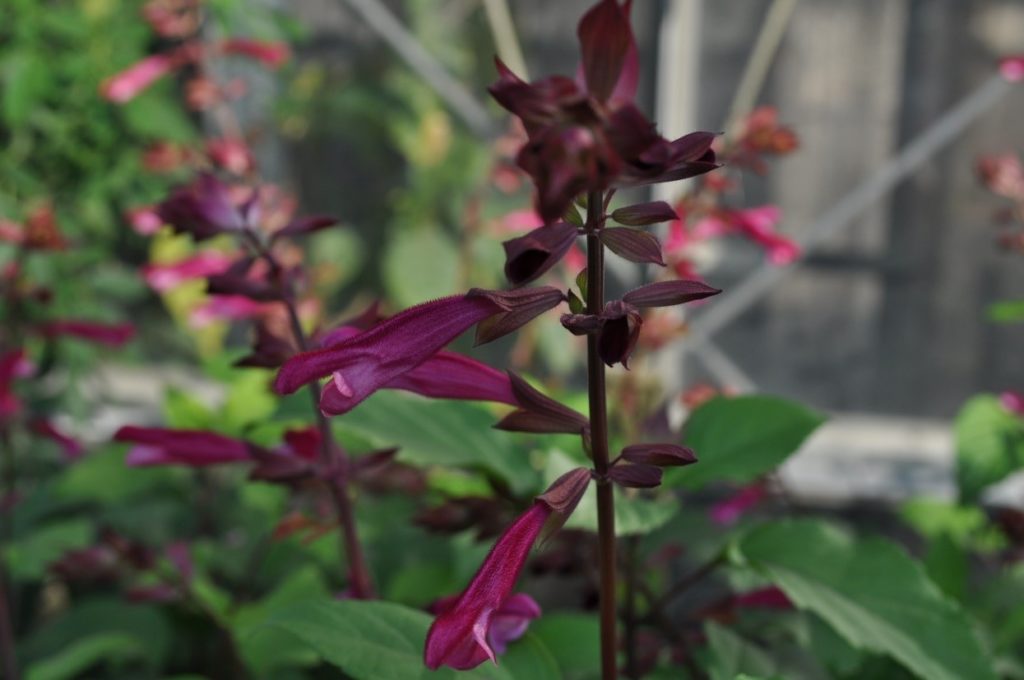
Porterweeds (Stachytarpheta spp.) are another favorite of the Cockrell Butterfly Center as we use them in our conservatory as nectar plants for exotic butterflies. They are in the verbena family and grow well in the Houston area. There are tall varieties that bloom purple and coral, a mid-sized blue variety and dwarf varieties in red and purple. They will grow in full sun and all but the dwarf red variety will thrive in the shade.
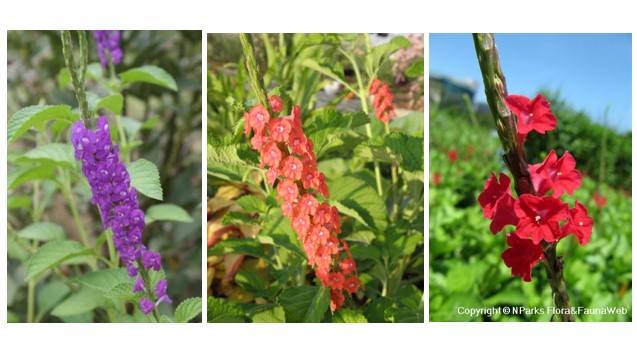
Some of our favorite native nectar plants are Obedient Plant (Physostegia virginiana), Slender Goldenrod (Senecio stricta), Button Snakeroot (Eryngium yuccifolium), Coneflower (Echinacea purpurea) and different Rudbeckias (Rudbeckia spp.) Many of these serve as great nectar plants for smaller pollinators like hairstreak butterflies, skippers, small wasps and bees.
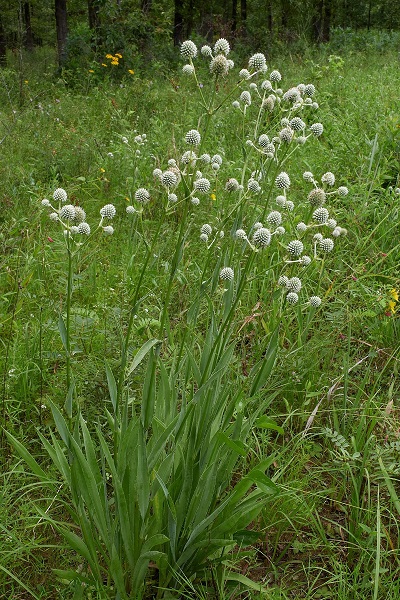
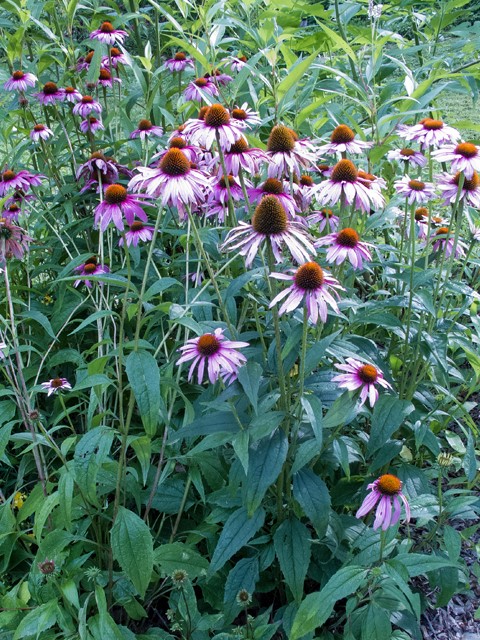
Another group of plants that are important for butterflies are host plants. These are the ones that the larval, or caterpillar, stage feed on. We try to sell as many host plants for native butterflies as we can. Some of the staples we tend to have on the cart are milkweed, cassia, dill, fennel, rue, pipevine and passion vine. Milkweed plants (Asclepias spp.) are the host for Monarch and Queen caterpillars. They also double as nectar plants and we grow many native species such as Green Milkweed (A. viridis), Aquatic Milkweed (A. perennis), Zizotes Milkweed (A. oenotheroides), Texas Milkweed (A. texana) and Swamp Milkweed (A. incarnata). We also grow Tropical Milkweed (A. curassavica) which is a great nectar and host plant, just remember to cut the stems back to about six inches from the ground.
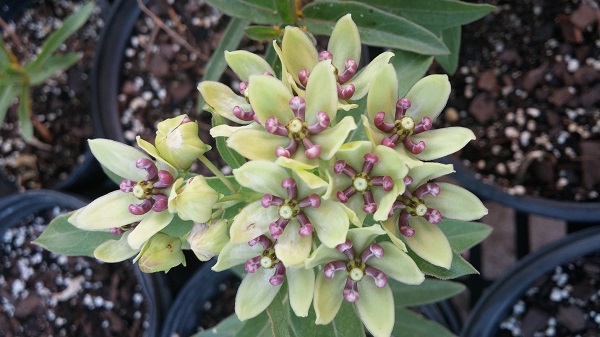
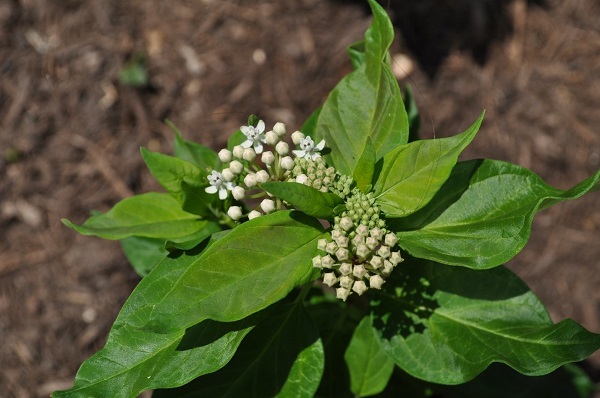
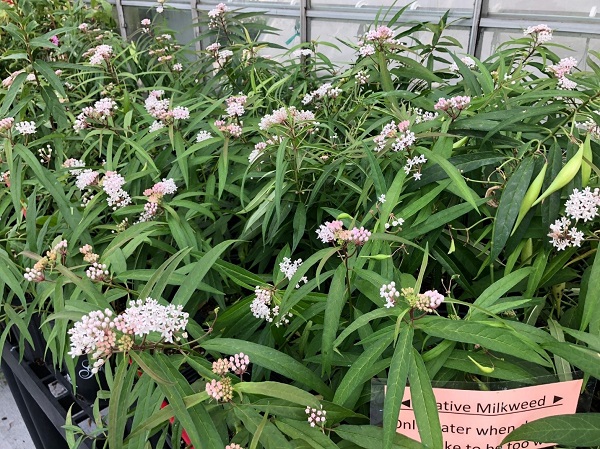
Pipevine (Aristolochia spp.) is the host plant for Pipevine Swallowtail butterflies. We supply the plant cart with Brazilian Pipevine (A. fimbriata), a shade loving groundcover and it just seems like you can never have enough of it because the caterpillars will eat it all!
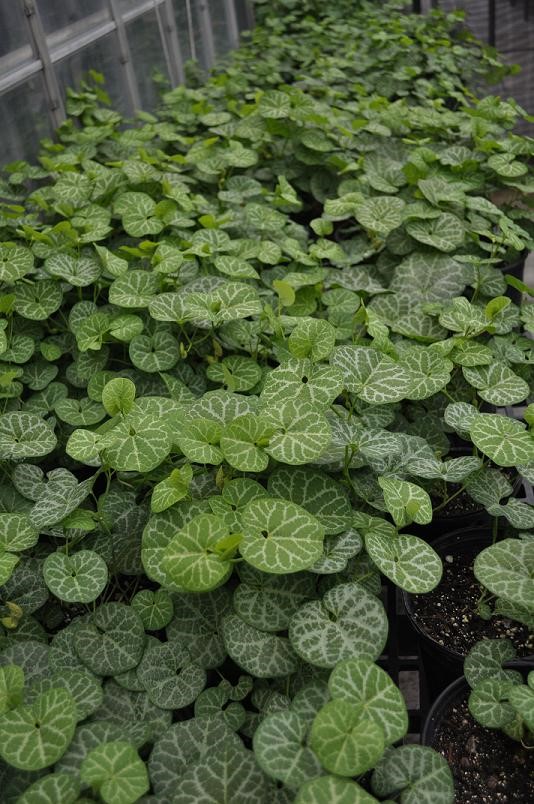
Passion vine (Passiflora spp.) is also a must for a butterfly garden. It is the host plant for the Gulf Fritillary butterfly. One of our favorites is Passiflora foetida, a fuzzy leaved passion vine with 1.5 inch pink flowers and doesn’t spread too far in the garden.
P. caerulea is a classic passion vine with blue and white flowers. In the garden, passion vines need something to climb on like a trellis or an arch.
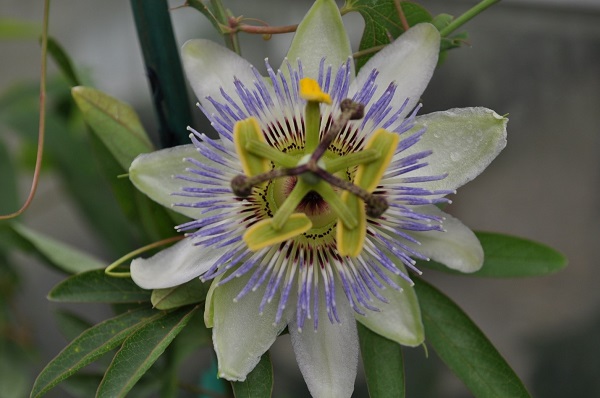
We also sell some surprises on the plant cart. A lot of the tropical plants we use in the CBC make great houseplants. Multicolored angelwing begonias, swiss cheese philodendrons, epiphytic anthuriums and many others can be found from time to time on the plant cart in the museum giftshop.
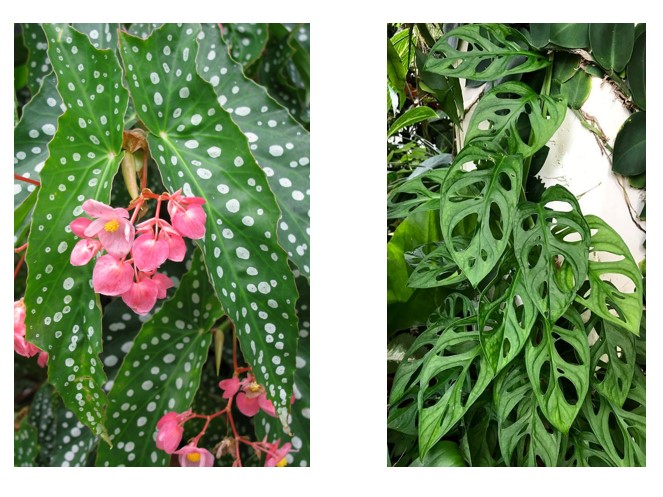
When you visit the museum, don’t forget to check out the gift shop for some great plants to add to your garden to help support the native wildlife or spruce up your indoors. Be sure and stop by the Cockrell Butterfly Center during your next visit, as well.


